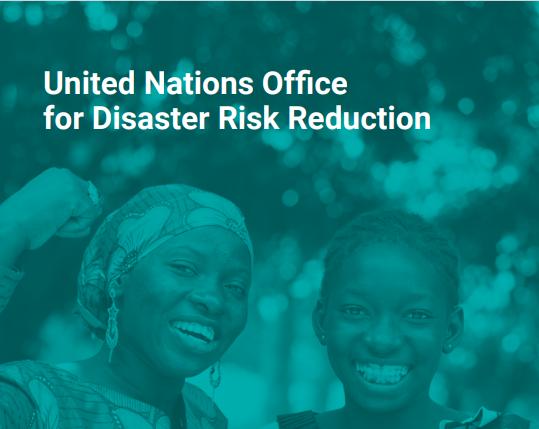
The year 2022 was marked by several important achievements for UNDRR. In 2022, we launched the new Global Assessment Report and convened, with the support of Indonesia, the first post_x0002_COVID-19 Global Platform, which brought together leaders and practitioners from across the world and led to the development of the Bali Agenda for Resilience. The Global Platform made clear the substantive work being done by countries to better understand disaster risk, integrate it into policy and planning, and enable the finance and investment flows for implementation. On our side, we have strengthened our end-to-end support offer to countries to meet this growing demand. We also lent our support to countries and stakeholders to organize consultations and conduct national reviews as part of the year-long stocktaking for the Midterm Review of the implementation of the Sendai Framework for Disaster Risk Reduction. And we are proud to have worked with partners to influence multilateral policy agendas to better recognize and integrate disaster risk reduction, as we saw from the outcomes of the COP27, where addressing disaster losses gained prominence and action was taken to operationalize the Santiago Network for technical support to developing countries. It is clear that DRR has gained political traction in global dialogues with the establishment of a G20 Working Group on DRR, and the clear messaging coming through in a statement from the G7 on strengthening DRR in humanitarian action. Most of all, we were honoured to have been asked by the UN Secretary-General to co-lead with WMO, the implementation of his global Early Warnings for All Initiative, which seeks to ensure universal early warning coverage by the year 2027.
Access Link: https://ikcest-drr.osgeo.cn/static/upload/90/90a3c786-b4d8-11ee-98ad-00163e059c63.pdf
Comment list ( 0 )
